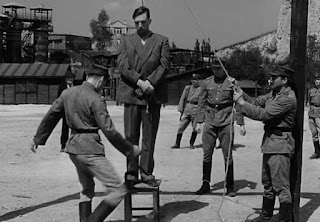Infanticide (or infant homicide) is the intentional killing of infants or offspring.
Infanticide (or infant homicide) is the intentional killing of infants or offspring.
Infanticide was a widespread practice throughout human history that was mainly used to dispose of unwanted children,[1]: 61 its main purpose is the prevention of resources being spent on weak or disabled offspring. Unwanted infants were normally abandoned to die of exposure, but in some societies they were deliberately killed.
Infanticide is now widely illegal, but in some places the practice is tolerated or the prohibition is not strictly enforced.
Most Stone Age human societies routinely practiced infanticide, and estimates of children killed by infanticide in the Mesolithic and Neolithic eras vary from 15 to 50 percent.
Infanticide continued to be common in most societies after the historical era began, including ancient Greece, ancient Rome, the Phoenicians, ancient China, ancient Japan, Aboriginal Australia, Native Americans, and Native Alaskans.
Infanticide became forbidden in Europe and the Near East during the 1st millennium. Christianity forbade infanticide from its earliest times, which led Constantine the Great and Valentinian I to ban infanticide across the Roman Empire in the 4th century.
The practice ceased in Arabia in the 7th century after the founding of Islam, since the Quran prohibits infanticide. Infanticide of male babies had become uncommon in China by the Ming dynasty (1368–1644), whereas infanticide of female babies became more common during the One-Child Policy era (1979–2015).
During the period of Company rule in India, the East India Company attempted to eliminate infanticide but were only partially successful, and female infanticide in some parts of India still continues. Infanticide is now very rare in industrialised countries but may persist elsewhere…

.jpeg)










Comments
Post a Comment